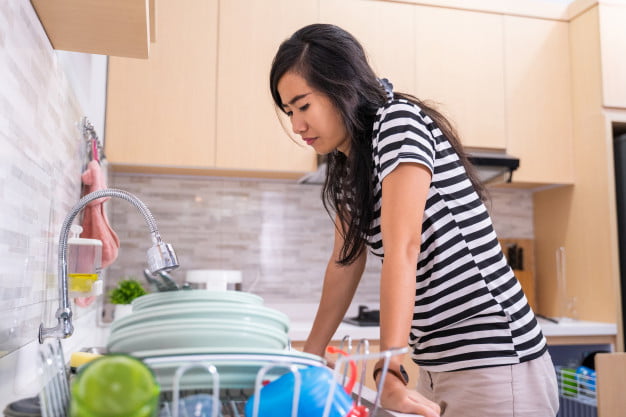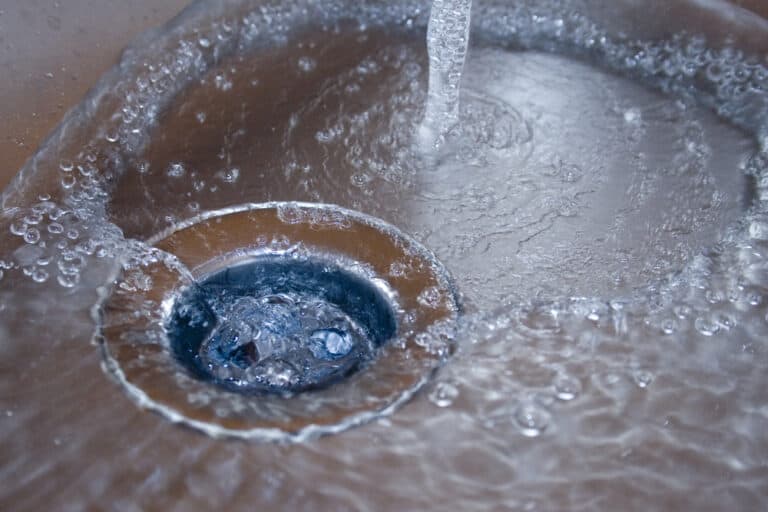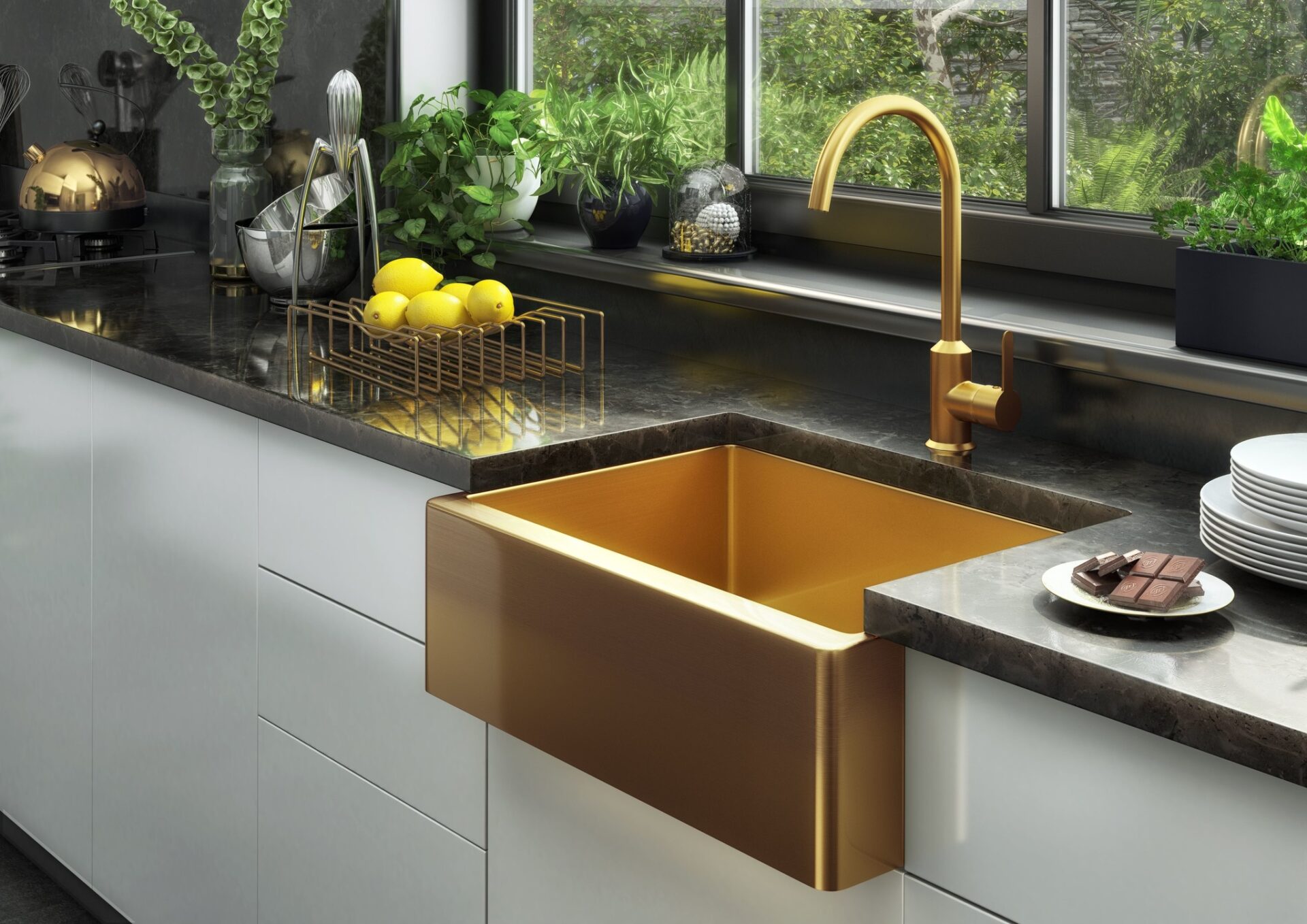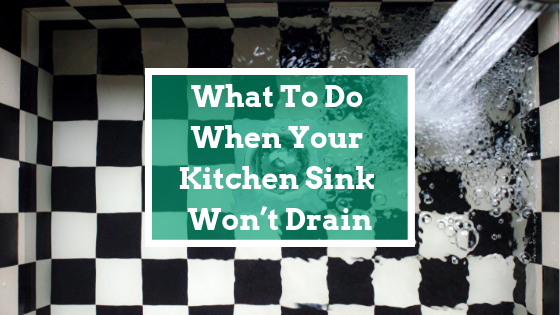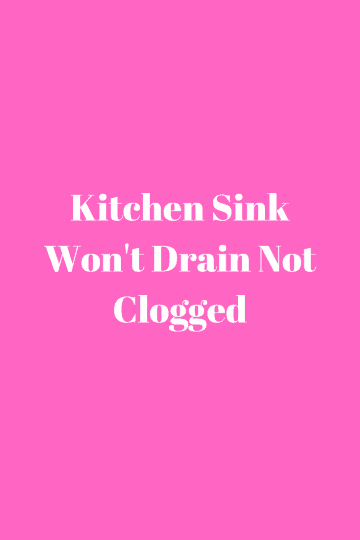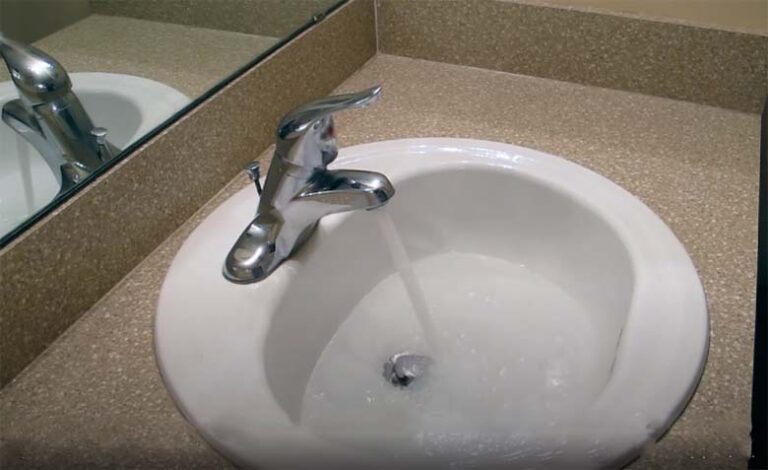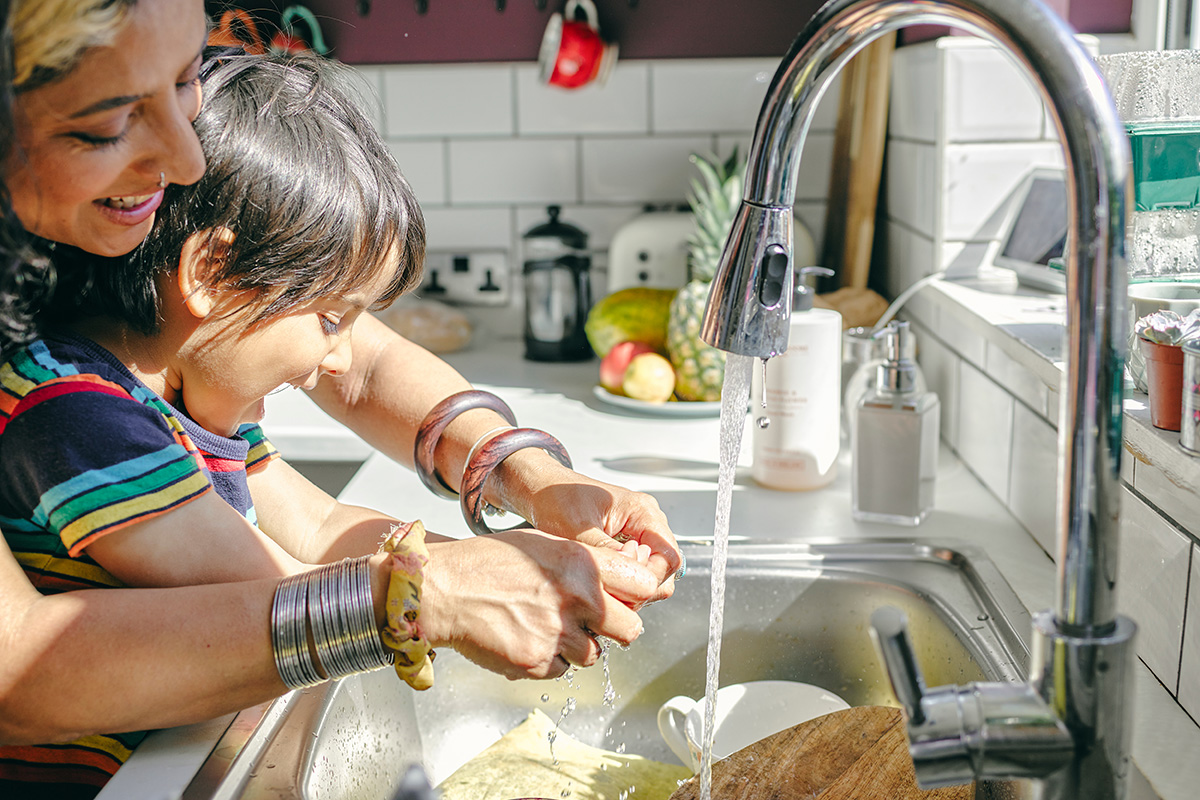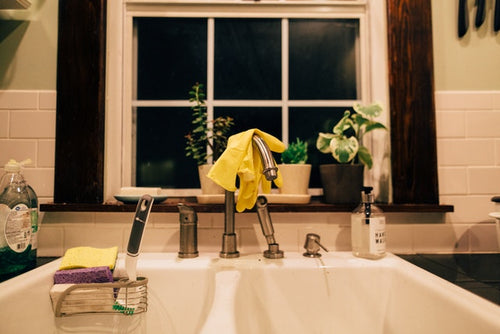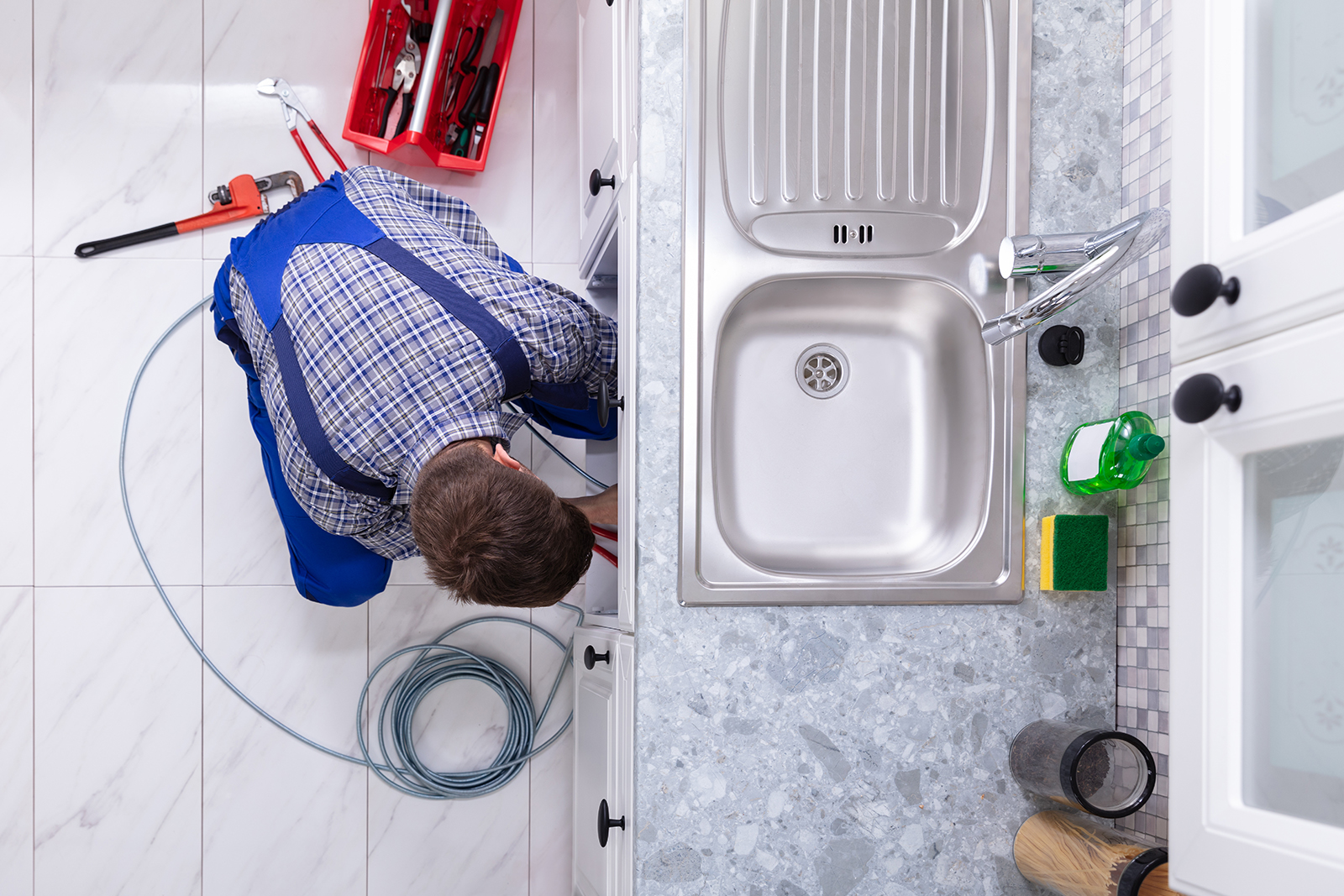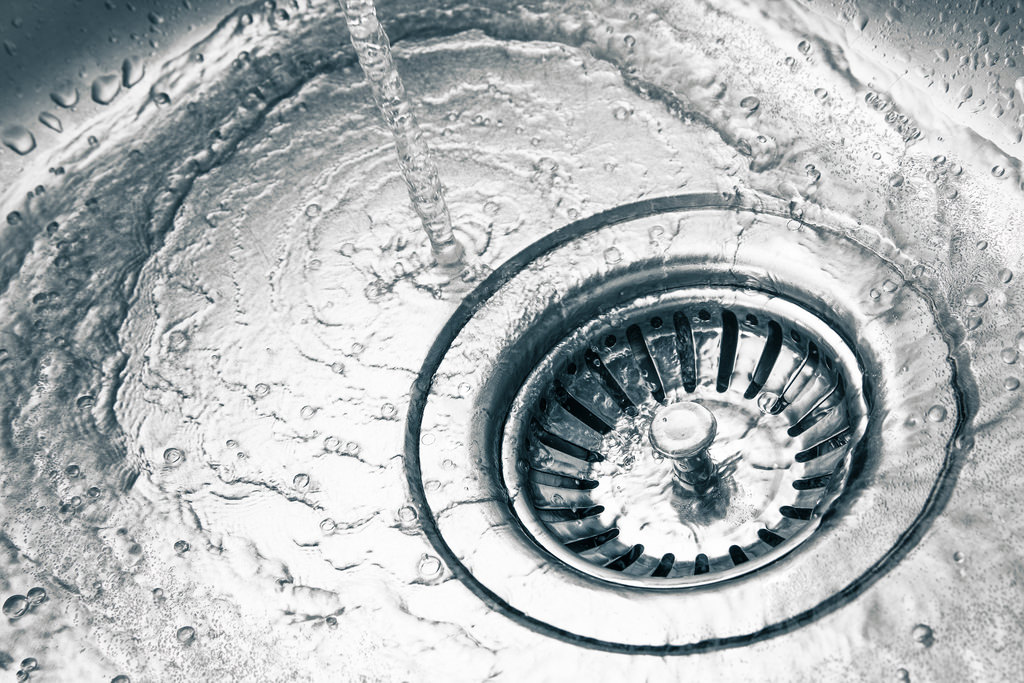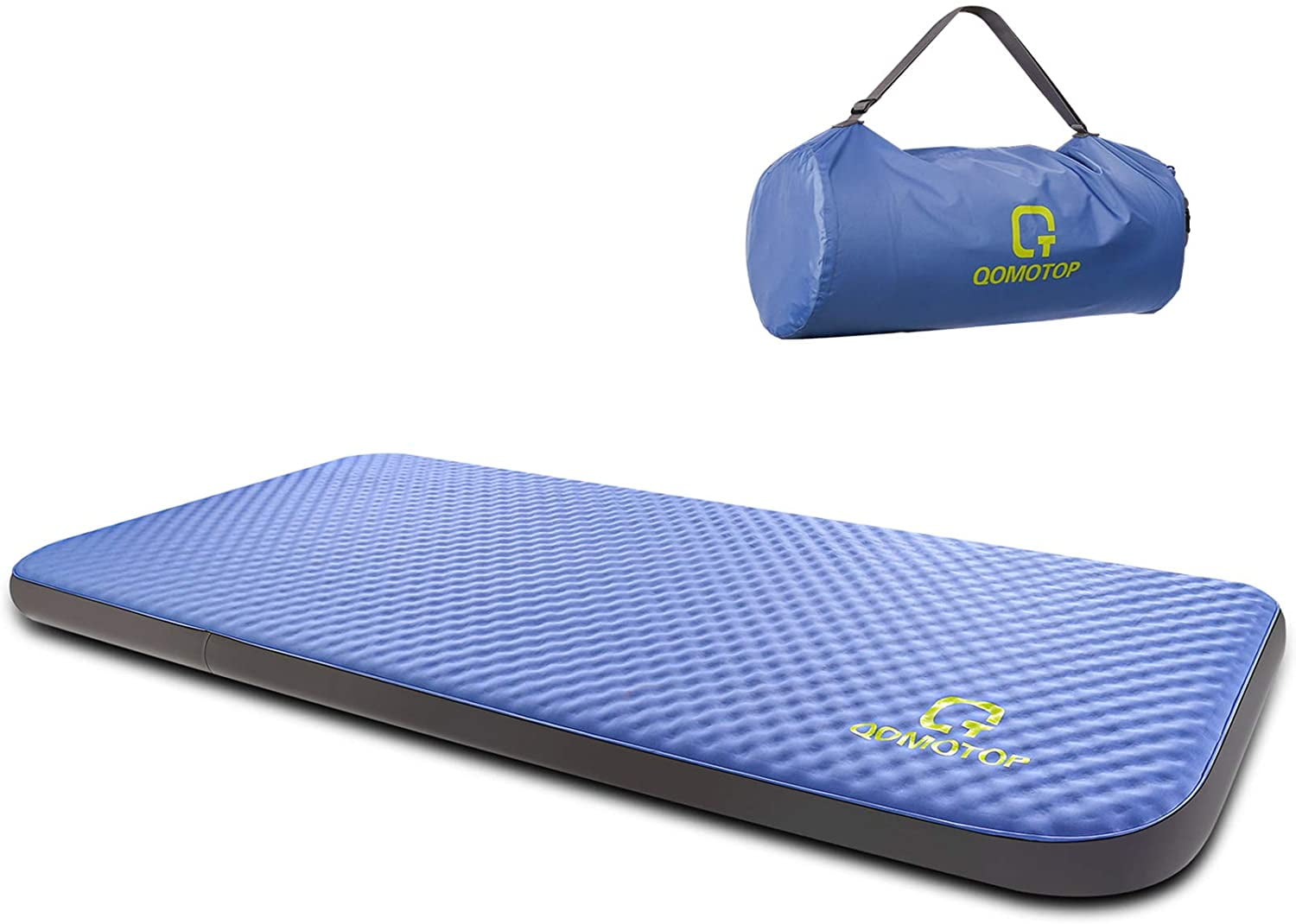If you've noticed that your kitchen sink is not draining as quickly as it used to, or worse, it's completely stopped draining, you're not alone. This is a common problem that can be caused by a variety of factors. However, don't panic just yet – there are several simple steps you can take to unclog your kitchen sink and get the water flowing freely again.Unclog a Kitchen Sink
Before you start trying to unclog your kitchen sink, it's important to understand why it's draining slowly in the first place. One of the most common causes is a buildup of food debris, grease, and other gunk in the drain. This can easily happen if you regularly wash dishes or cook without using a sink strainer. The good news is that it's relatively easy to fix this type of clog.How to Fix a Slow-Draining Kitchen Sink
If you're feeling handy, you can try to fix your slow-draining kitchen sink on your own. The first step is to remove any visible debris from the drain using a pair of tongs or a bent wire hanger. Then, try pouring boiling water down the drain to help break up any remaining grease or food particles. If that doesn't work, you can try using a plunger to dislodge the clog. Just make sure to cover the overflow opening with a wet cloth to create a seal.DIY Kitchen Sink Drain Repair
If your kitchen sink won't drain at all, or the water is draining very slowly even after attempting DIY fixes, it's possible that the problem is deeper in your plumbing system. This could be caused by a clog in the main drain pipe, a broken pipe, or even tree roots invading your pipes. In these cases, it's best to call a professional plumber for help.Kitchen Sink Drainage Problems
If you do need to call a plumber, they will likely use a variety of tools and techniques to clear the clog in your kitchen sink drain. This could include using a plumbing snake or hydro jetting to break up the clog and remove it from your pipes. They may also use video cameras to inspect the inside of your pipes and pinpoint the exact location and cause of the clog.Clearing a Clogged Kitchen Sink Drain
To prevent future clogs in your kitchen sink, it's important to understand what causes them in the first place. As mentioned earlier, the most common cause is a buildup of food debris and grease in the drain. However, other factors can also contribute to slow draining, such as using too much soap or chemicals that can damage your pipes, or even flushing non-flushable items down the drain.Common Causes of a Slow-Draining Kitchen Sink
Regularly cleaning your kitchen sink drain can help prevent clogs and keep your sink draining smoothly. One simple way to clean your drain is to pour a mixture of baking soda and vinegar down it. Let it sit for a few minutes before flushing it with hot water. You can also use a drain cleaner specifically designed for kitchen sinks, but be sure to read the instructions and warnings carefully.How to Clean a Kitchen Sink Drain
If your kitchen sink is still not draining properly after attempting DIY fixes and calling a plumber, there could be a more serious issue at play. It's possible that your pipes are old and deteriorating, or that there is a blockage deep in your plumbing system that requires professional equipment to remove. In these cases, it's best to have a plumber thoroughly inspect your pipes and recommend a solution.Troubleshooting a Kitchen Sink that Won't Drain
If a plumber discovers that your pipes are old and damaged, they may recommend replacing them to prevent future clogs and drainage issues. Alternatively, they may recommend installing a garbage disposal to help prevent food debris and grease from building up in your pipes. In either case, it's important to follow their recommendations to ensure your kitchen sink drains properly and remains in good working condition.Fixing a Kitchen Sink that Won't Drain
Prevention is key when it comes to keeping your kitchen sink draining well. Always use a sink strainer to catch food debris and grease, and regularly clean your drain using the methods mentioned earlier. Avoid flushing non-flushable items down the sink, and be mindful of how much soap and chemicals you use. By following these tips, you can help prevent future clogs and keep your kitchen sink functioning properly.Preventing Kitchen Sink Drain Clogs
Kitchen Sink Doesn't Drain Well: Tips for a Functional and Beautiful Kitchen Design
/how-to-install-a-sink-drain-2718789-hero-24e898006ed94c9593a2a268b57989a3.jpg)
Why a Well-Designed Kitchen is Essential for Every Home
 A kitchen is often considered the heart of a home, where meals are prepared and memories are made. As the hub of daily activities, a well-designed kitchen not only adds to the functionality of a house, but also enhances its aesthetic appeal. However, even the most stunning kitchen can become a source of frustration if one of its key components, the
kitchen sink
, doesn't drain well. This common issue can disrupt daily routines and lead to potential plumbing problems. Therefore, it is important to address this problem and find effective solutions for a functional and beautiful kitchen design.
A kitchen is often considered the heart of a home, where meals are prepared and memories are made. As the hub of daily activities, a well-designed kitchen not only adds to the functionality of a house, but also enhances its aesthetic appeal. However, even the most stunning kitchen can become a source of frustration if one of its key components, the
kitchen sink
, doesn't drain well. This common issue can disrupt daily routines and lead to potential plumbing problems. Therefore, it is important to address this problem and find effective solutions for a functional and beautiful kitchen design.
The Culprit: What Causes a Kitchen Sink to Not Drain Well
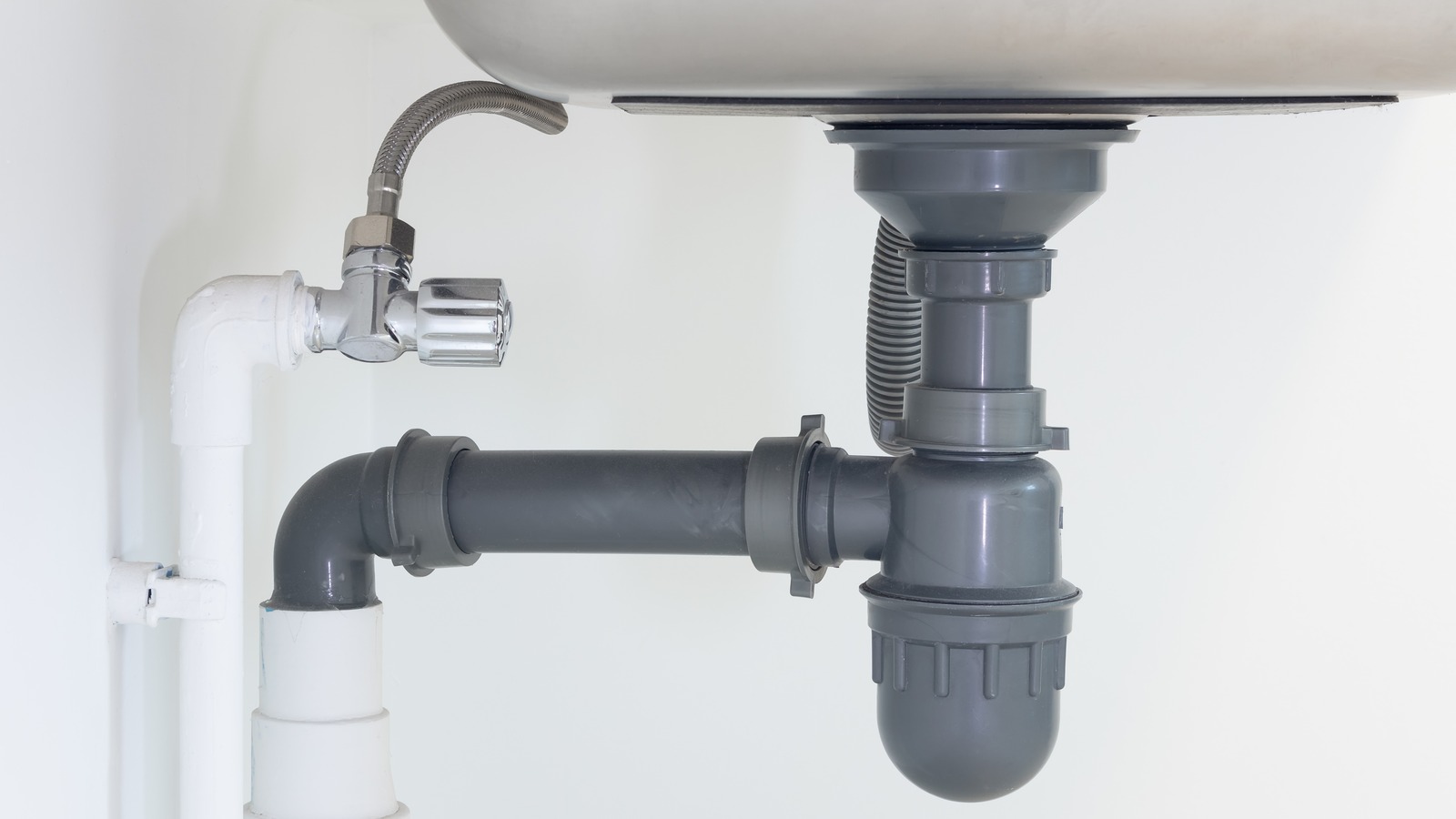 Before diving into the solutions, it is important to understand the root causes of a
kitchen sink
that doesn't drain well. The most common culprits are food debris, grease buildup, and foreign objects that get stuck in the drain. Over time, these can create blockages and hinder the flow of water, resulting in slow draining or a completely clogged sink. Additionally, older plumbing systems or improper installation can also contribute to this issue.
Before diving into the solutions, it is important to understand the root causes of a
kitchen sink
that doesn't drain well. The most common culprits are food debris, grease buildup, and foreign objects that get stuck in the drain. Over time, these can create blockages and hinder the flow of water, resulting in slow draining or a completely clogged sink. Additionally, older plumbing systems or improper installation can also contribute to this issue.
Practical Solutions for a Smooth-Draining Kitchen Sink
 If you are experiencing a
kitchen sink
that doesn't drain well, don't worry. There are several practical solutions that can help improve the functionality of your kitchen and prevent future drainage problems.
First and foremost, regularly clean your sink and drain to remove any buildup of food particles, grease, or other debris. This can be easily done with a mixture of hot water, baking soda, and vinegar. Also, be mindful of what goes down your drain and avoid putting large chunks of food or non-biodegradable items that can cause blockages.
In addition, consider installing a garbage disposal under your sink. This device can grind up food waste and help prevent clogs in your drain. It is important to follow manufacturer's instructions for proper usage and maintenance of the disposal.
If you have an older plumbing system, it may be time to consider upgrading to newer, more efficient pipes. This can improve water flow and prevent future drainage issues. Additionally, hiring a professional plumber to properly install your sink and plumbing system can also prevent problems in the long run.
If you are experiencing a
kitchen sink
that doesn't drain well, don't worry. There are several practical solutions that can help improve the functionality of your kitchen and prevent future drainage problems.
First and foremost, regularly clean your sink and drain to remove any buildup of food particles, grease, or other debris. This can be easily done with a mixture of hot water, baking soda, and vinegar. Also, be mindful of what goes down your drain and avoid putting large chunks of food or non-biodegradable items that can cause blockages.
In addition, consider installing a garbage disposal under your sink. This device can grind up food waste and help prevent clogs in your drain. It is important to follow manufacturer's instructions for proper usage and maintenance of the disposal.
If you have an older plumbing system, it may be time to consider upgrading to newer, more efficient pipes. This can improve water flow and prevent future drainage issues. Additionally, hiring a professional plumber to properly install your sink and plumbing system can also prevent problems in the long run.
Designing a Beautiful Kitchen with Drainage in Mind
 When designing or renovating your kitchen, it is important to keep drainage in mind. Opt for a sink with a deeper basin to prevent splashing and ensure proper drainage. Also, consider the placement of your sink in relation to other appliances to allow for easy access to the drain. Additionally, incorporating a stylish and functional sink strainer can not only add to the aesthetic appeal of your kitchen, but also prevent food debris from going down the drain.
In conclusion, a
kitchen sink
that doesn't drain well can be a frustrating issue, but with the right solutions and a well-designed kitchen, it can be easily resolved. By keeping your sink and drain clean, being mindful of what goes down the drain, and incorporating efficient plumbing systems and proper installation, you can ensure a functional and beautiful kitchen for years to come.
When designing or renovating your kitchen, it is important to keep drainage in mind. Opt for a sink with a deeper basin to prevent splashing and ensure proper drainage. Also, consider the placement of your sink in relation to other appliances to allow for easy access to the drain. Additionally, incorporating a stylish and functional sink strainer can not only add to the aesthetic appeal of your kitchen, but also prevent food debris from going down the drain.
In conclusion, a
kitchen sink
that doesn't drain well can be a frustrating issue, but with the right solutions and a well-designed kitchen, it can be easily resolved. By keeping your sink and drain clean, being mindful of what goes down the drain, and incorporating efficient plumbing systems and proper installation, you can ensure a functional and beautiful kitchen for years to come.
/plumber-unclogging-kitchen-sink-169270382-5797a9355f9b58461f27f024.jpg)

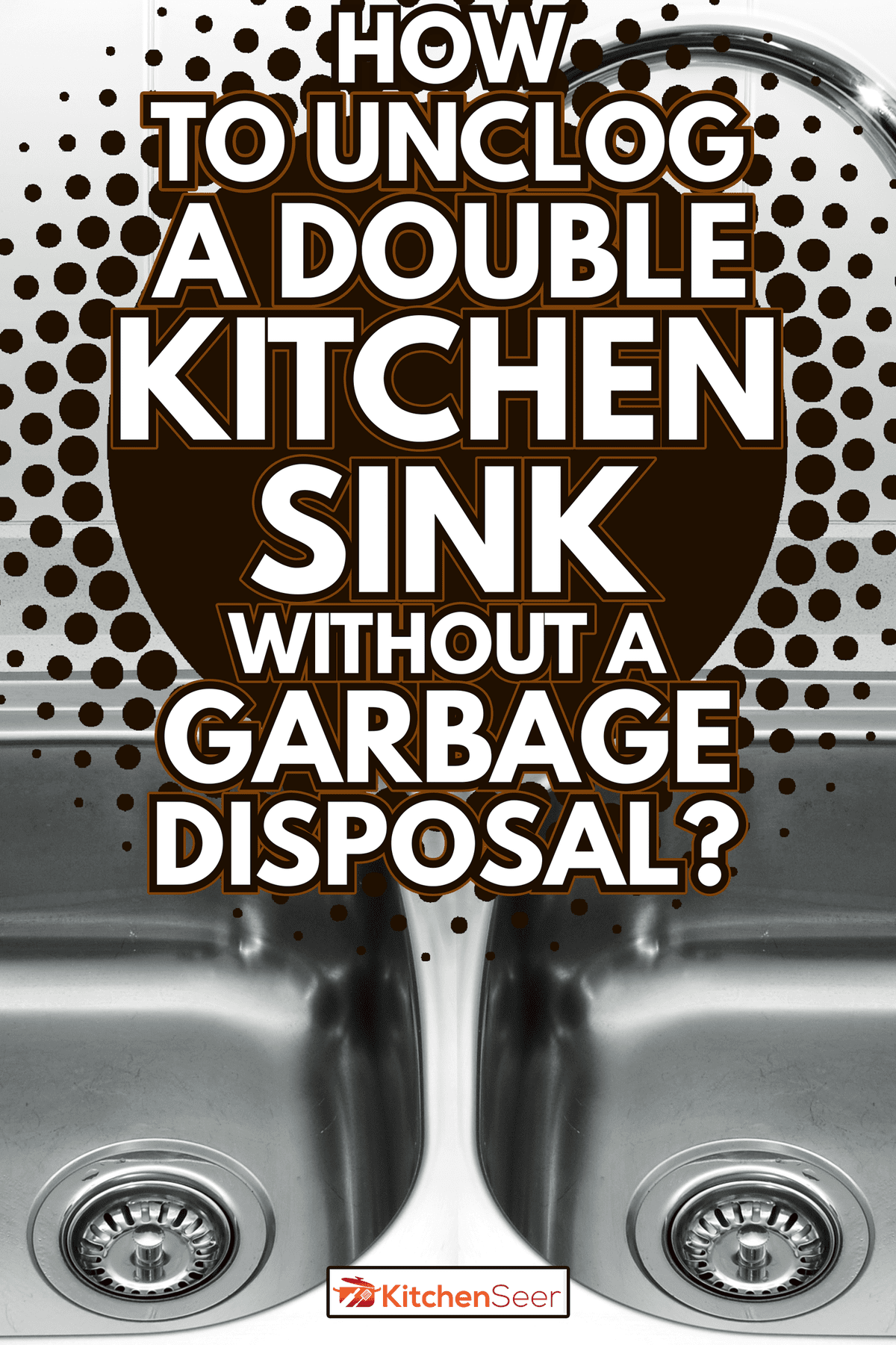




:max_bytes(150000):strip_icc()/how-to-unclog-a-kitchen-sink-2718799_sketch_FINAL-8c5caa805a69493ab22dfb537c72a1b7.png)
















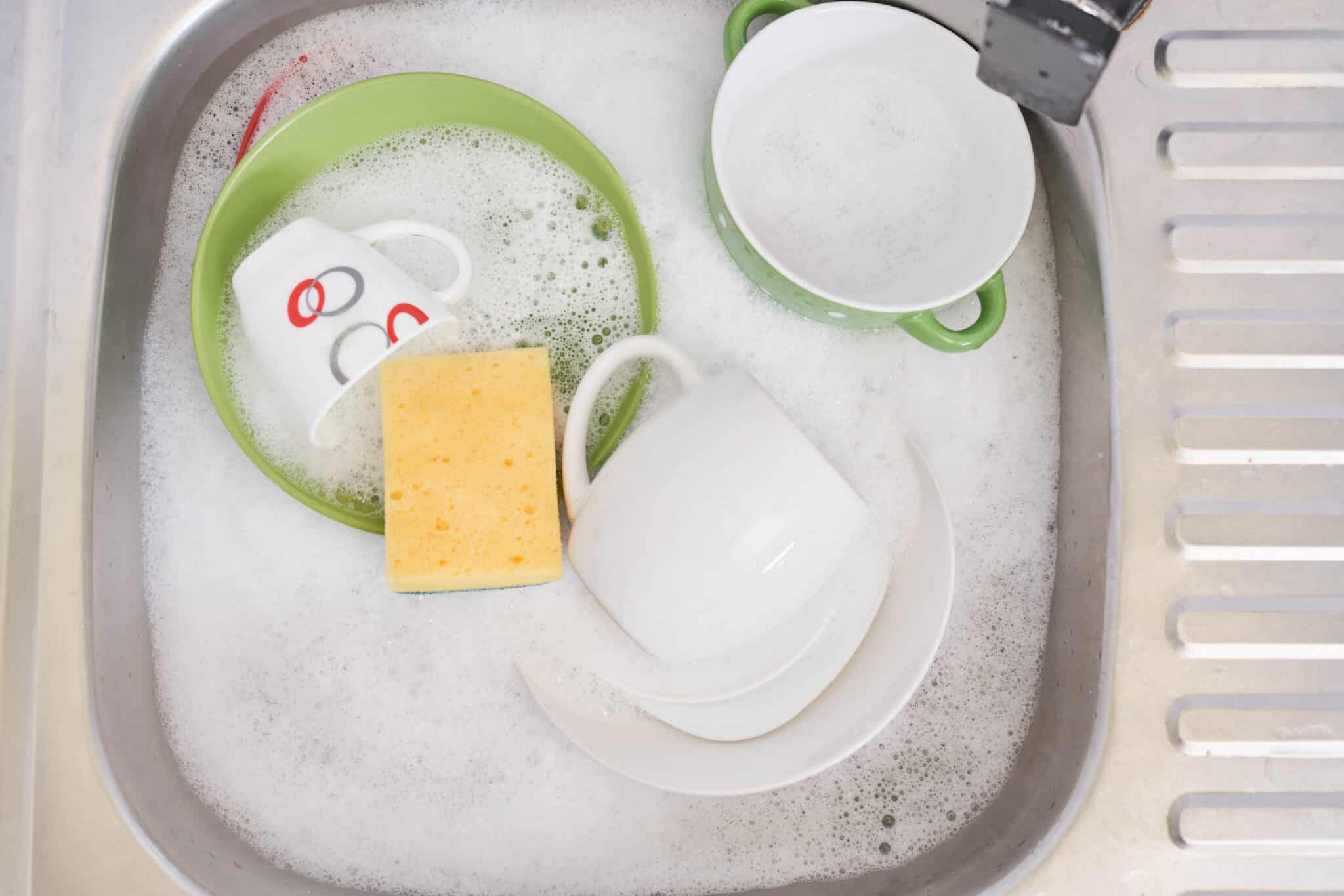




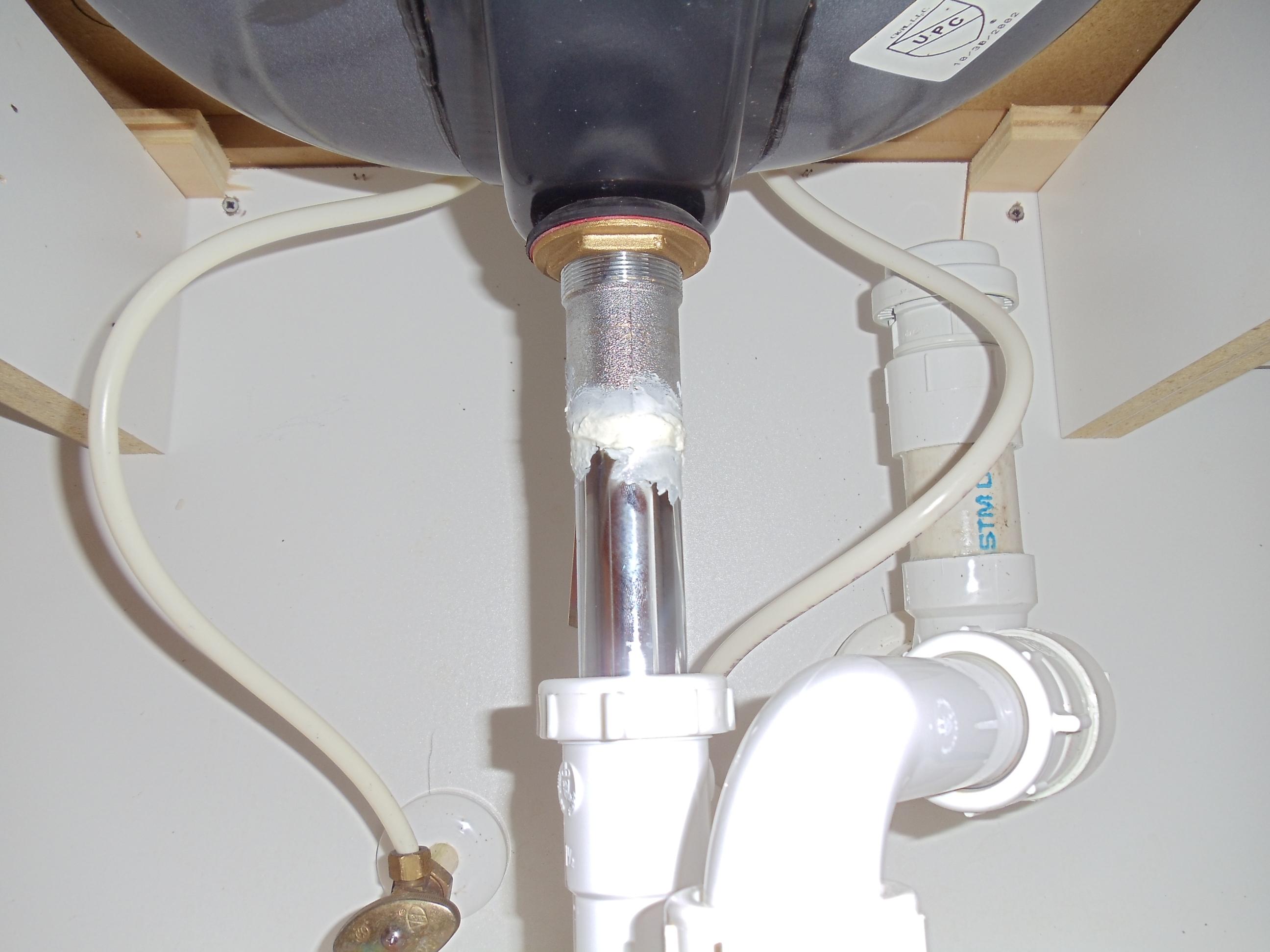



















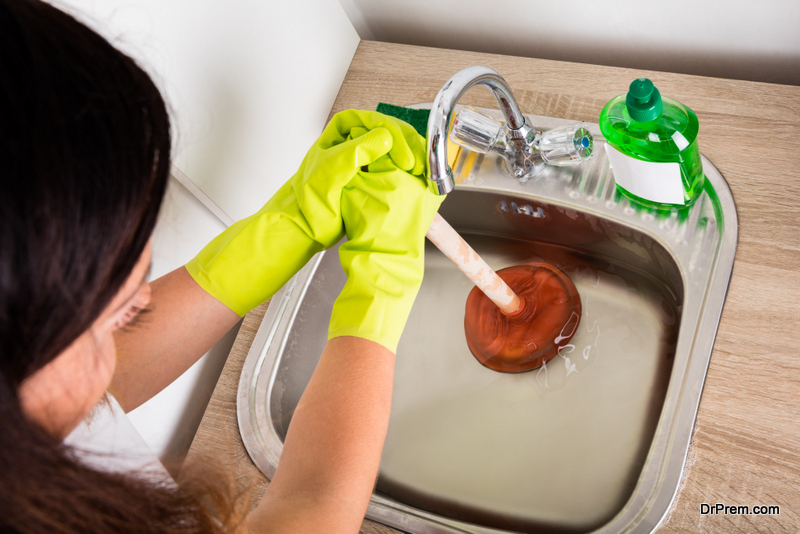
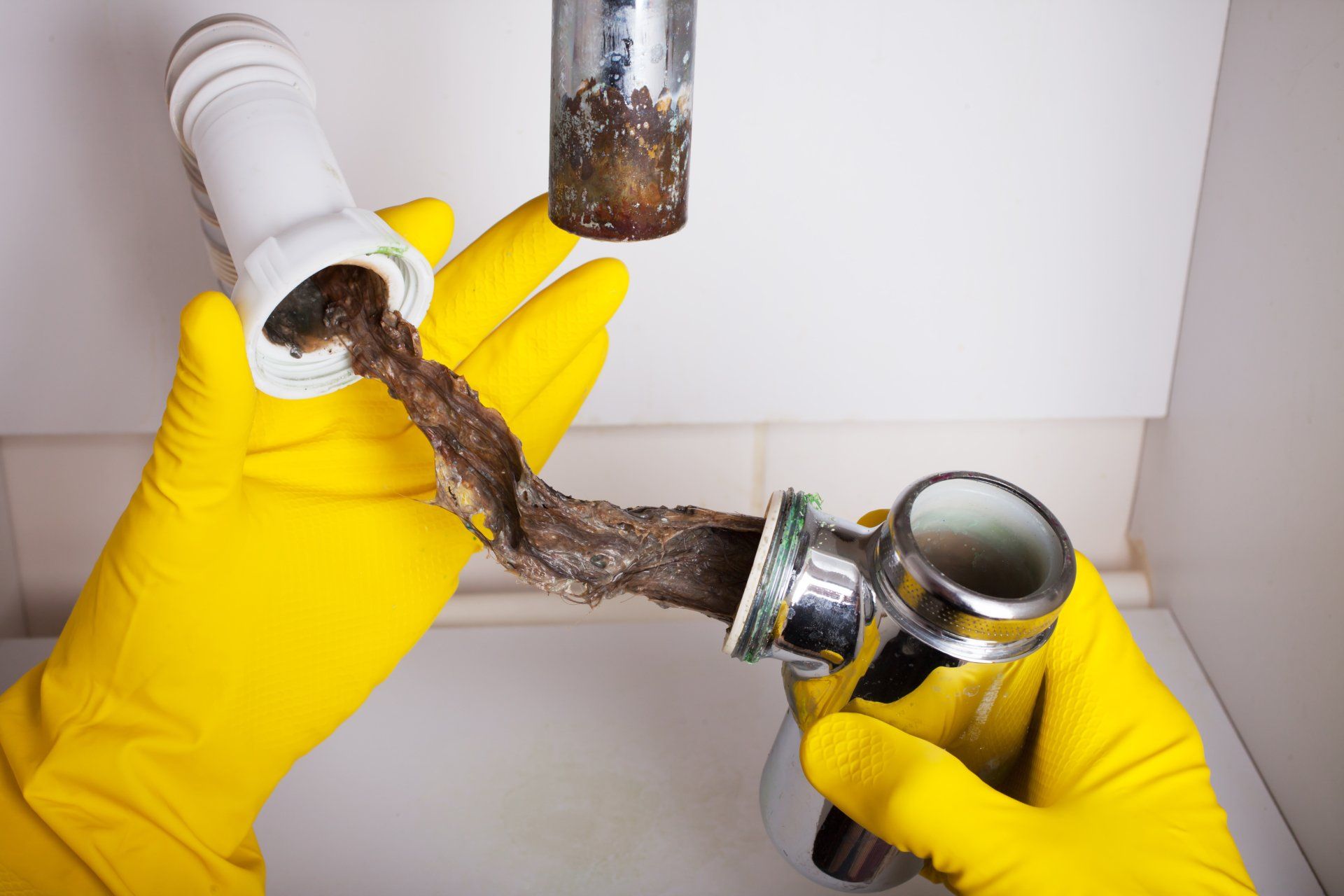

:max_bytes(150000):strip_icc()/freshen-and-unclog-drain-with-baking-soda-1900466-22-bbf940b70afa4d5abef0c54da23b1d3f.jpg)
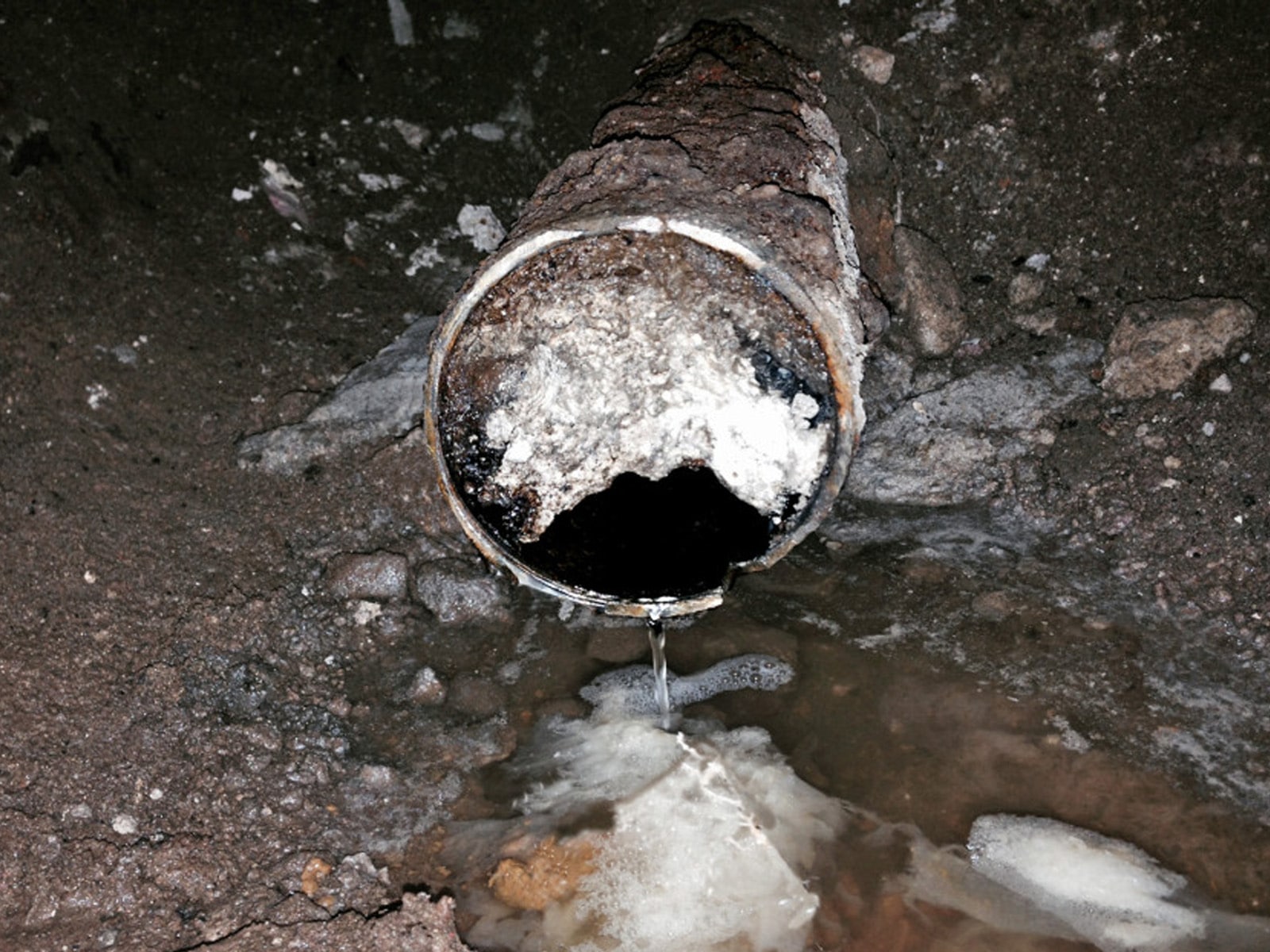










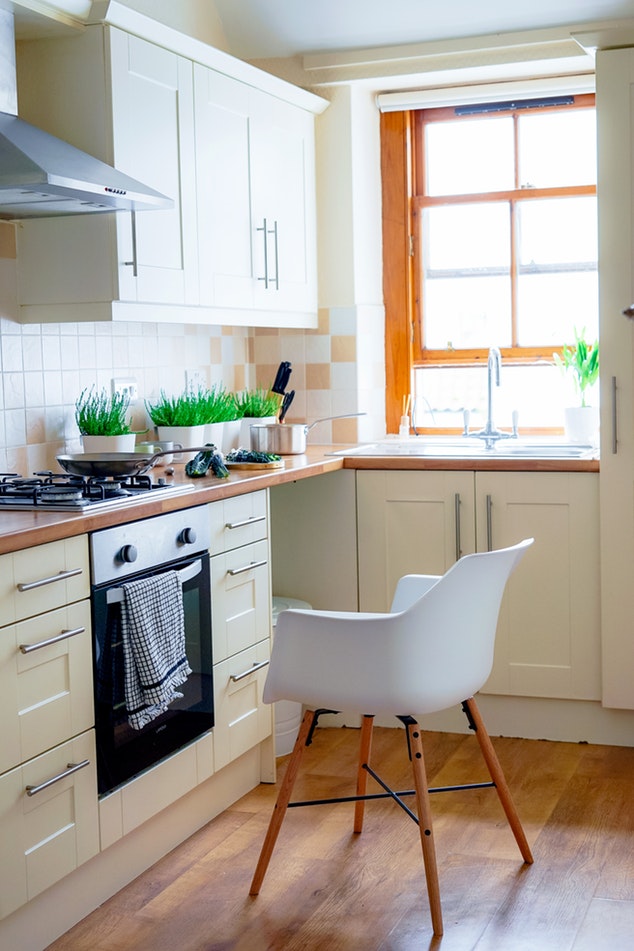
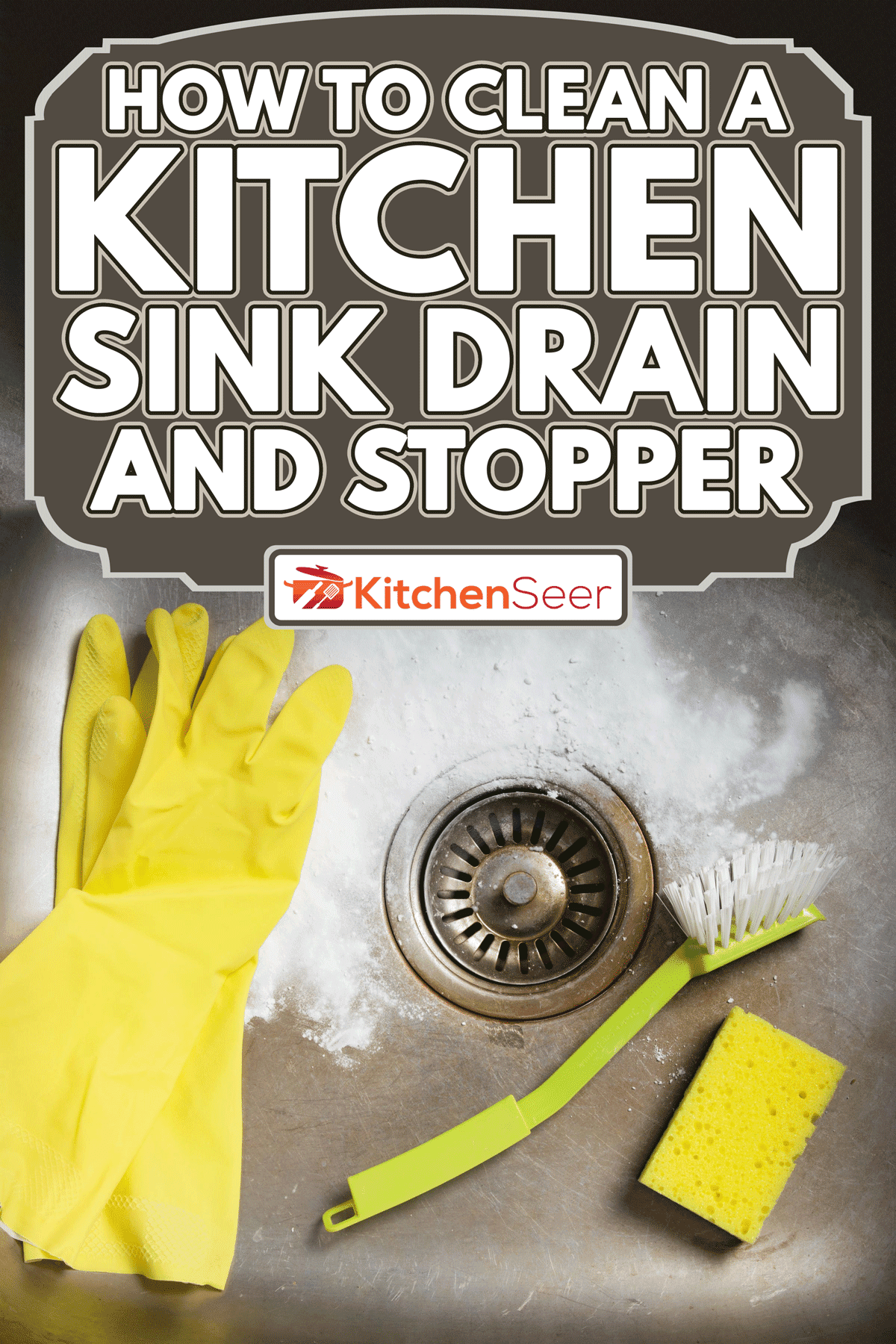

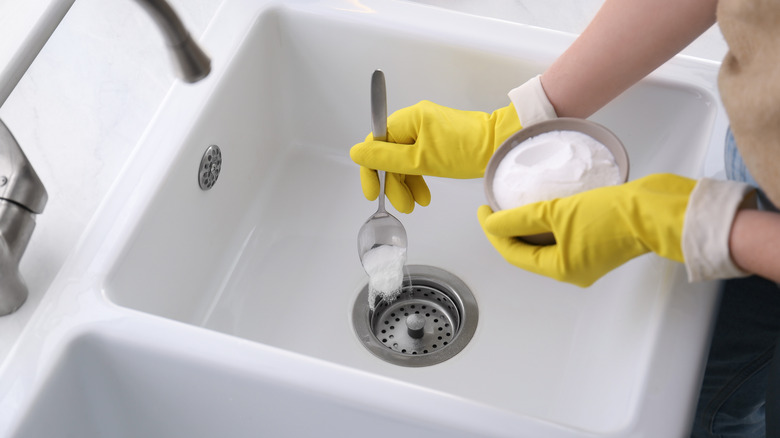



:max_bytes(150000):strip_icc()/freshen-and-unclog-drain-with-baking-soda-1900466-22-bbf940b70afa4d5abef0c54da23b1d3f.jpg)
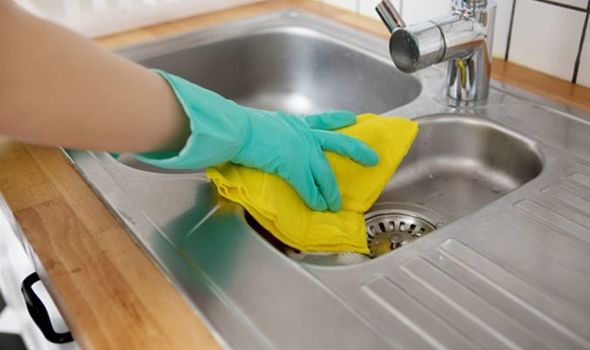
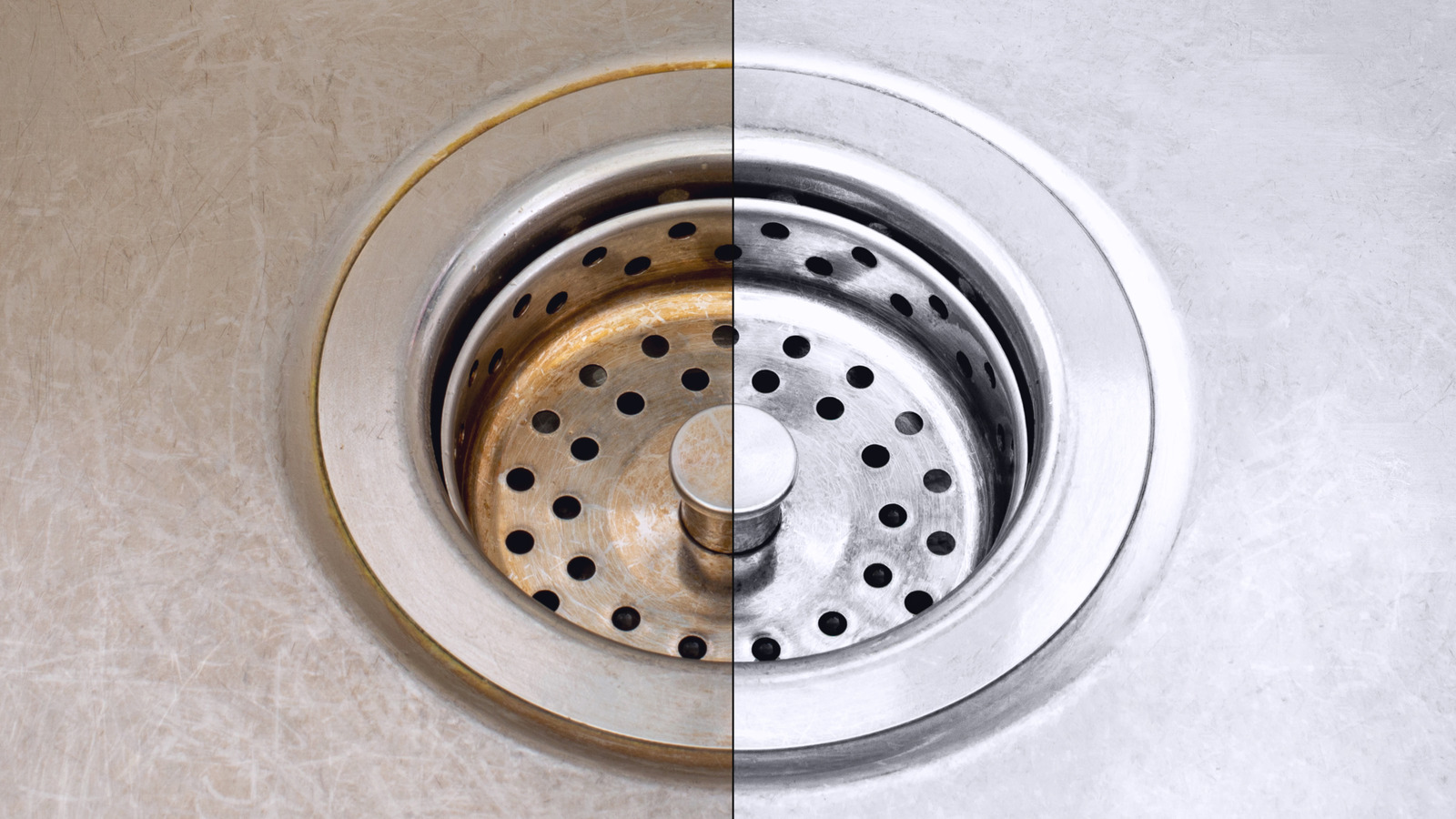
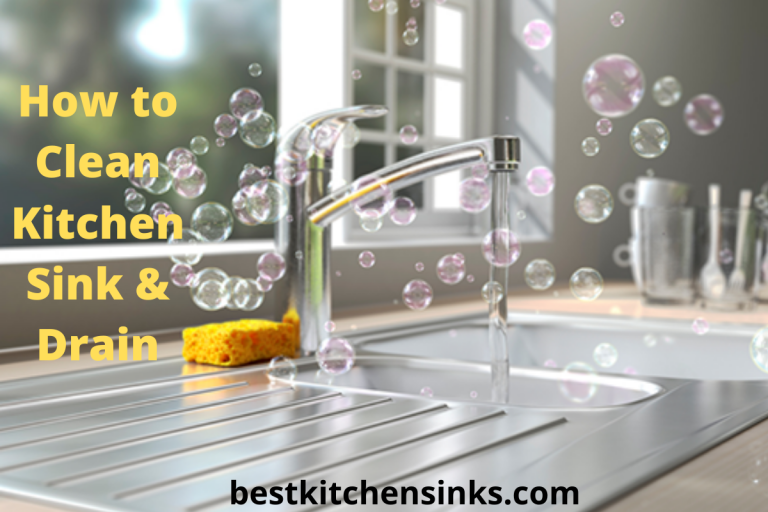
:max_bytes(150000):strip_icc()/how-to-clean-a-kitchen-sink-and-drain-01-5660035-a1d8afe3894346f9a579e66c55e64b7d.jpg)



